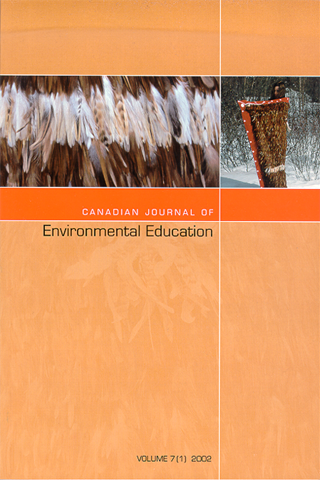Student Perceptions of Culture and Environment in an International Context: A Case Study of Educational Camps in Costa Rica
Abstract
Participant surveys from five camps including 100 students from the United States suggest that international environmental education can contribute positively to knowledge of the social, cultural, and economic context of conservation in the neotropics. After 10-13 days of interaction with rain forest communities in Costa Rica, students had a broader appreciation of the importance of local residents in rain forest conservation, and of discrepancies in resource use between first and third world populations. However, student interest in changing personal behaviour to contribute to rain forest preservation did not increase during the camps. In order to facilitate concrete changes in behaviour among participants, I suggest that international environmental education must be provided in the context of a broader, action-oriented curriculum implemented by the home institution.Downloads
Published
2002-01-01
Issue
Section
Articles


